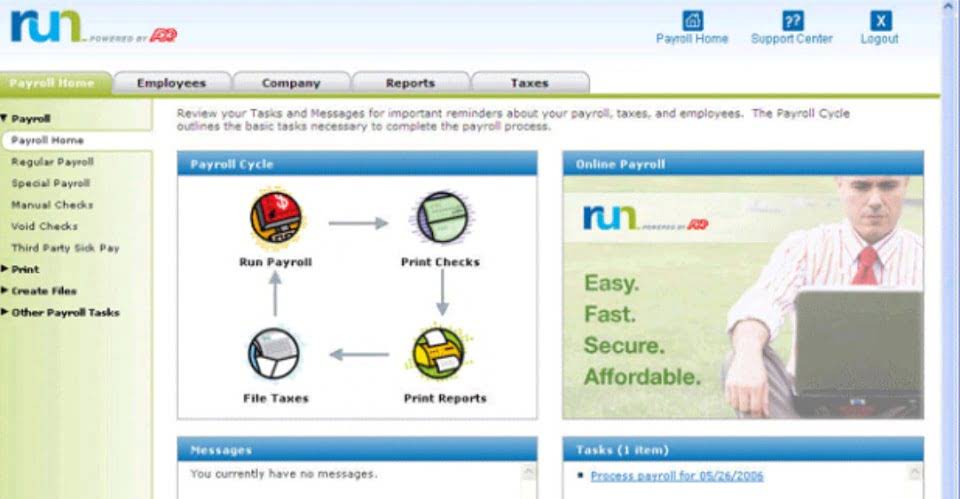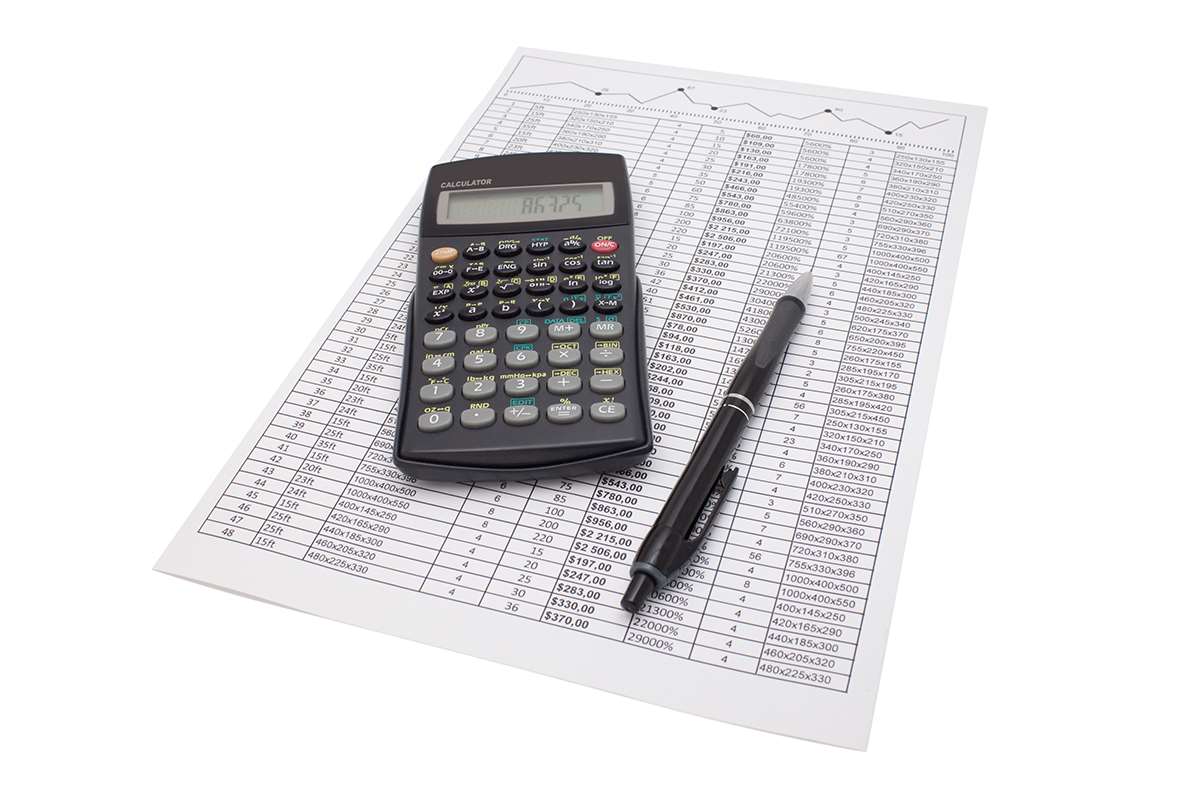
Bookkeeping begins with setting up each necessary account so you can record transactions in the appropriate categories. But regardless of the type or size of business you own, the accounts we list below are the most popular. Both for the purposes of tax preparation and financial management, keep these business records for at least three years after you file your taxes. The IRS recommends net sales extending the period to six or seven years for issues like unreported income or bad debts. To properly determine your business’s profit or loss, you’ll need to have documents that show all your sources of income, any purchases made, and any expenses.
Filing Your Purchases and Expenses
Once you know what types of records you have, it’s time to determine how long to keep tax returns, statements, and other documents. Below, we’ll go over legal Accounting Security retention requirements and best practices for records not covered by federal or state laws. Centuries ago, businesses would record their financial transactions in a physical book called the general ledger (GL). This basic cash flow statement tracks the movement of money in and out of your business and compares financial data between time periods. The template lists example cash receipts, payments, operating expenses, and additional costs.

What is the cost of small business bookkeeping?
As a result, you are free to discard the returns and the supporting paperwork. However, depending on how many other documents you need to maintain, you can take a call to keep these records for a longer time. With this method, you only record income or expenses when you receive money or pay a bill.

Business Failure Rate Explained: 6 Reasons Why Small Businesses Fail
So you’ll want to understand which tasks your bookkeeper is and isn’t responsible for handling. Our partners cannot pay us to guarantee favorable reviews of their products or services. As long as you keep these five tenets in mind, you should be record keeping for small business able to find a bookkeeping app that’s perfect for your small business’s needs. Finagraph gives you powerful financial information about your business that you can use to make predictions. This app essentially takes your QuickBooks Online data and explains it.

g. Mileage tracker for logging business miles
- If you’re searching for accounting software that’s user-friendly, full of smart features, and scales with your business, Quickbooks is a great option.
- Expensify’s SmartScan will figure out the payee, amount, and other critical info from the receipt.
- You can automatically sync up your financial accounts with Hubdoc, forward invoices from your email, or upload paperwork.
- Most accounting software offers a range of features that are suited for almost any type of small business.
- Alternatively, in-house or outsourced bookkeepers can update your books for you, typically for a monthly fee.
- Fill in the itemized list of payments due, and adjust the tax percentage to calculate the total amount owed.
Memory can be unreliable, and you may lose track of necessary paperwork. And if you find yourself in a situation where your business is audited, a lack of recordkeeping could come at a cost. Now is a great time to get back on track with recordkeeping, evaluate or update any systems you have in place, and educate or remind your staff about their obligations. Learn more about how Paychex can help you manage your business finances with our small business solutions. As your business grows, then and now, you’ll need to keep track of an ever-increasing number of business documents and files. Instead of having paper records in your drawers and clogging up your desk, try going paperless so you can access your records easily, at any time, from anywhere.


